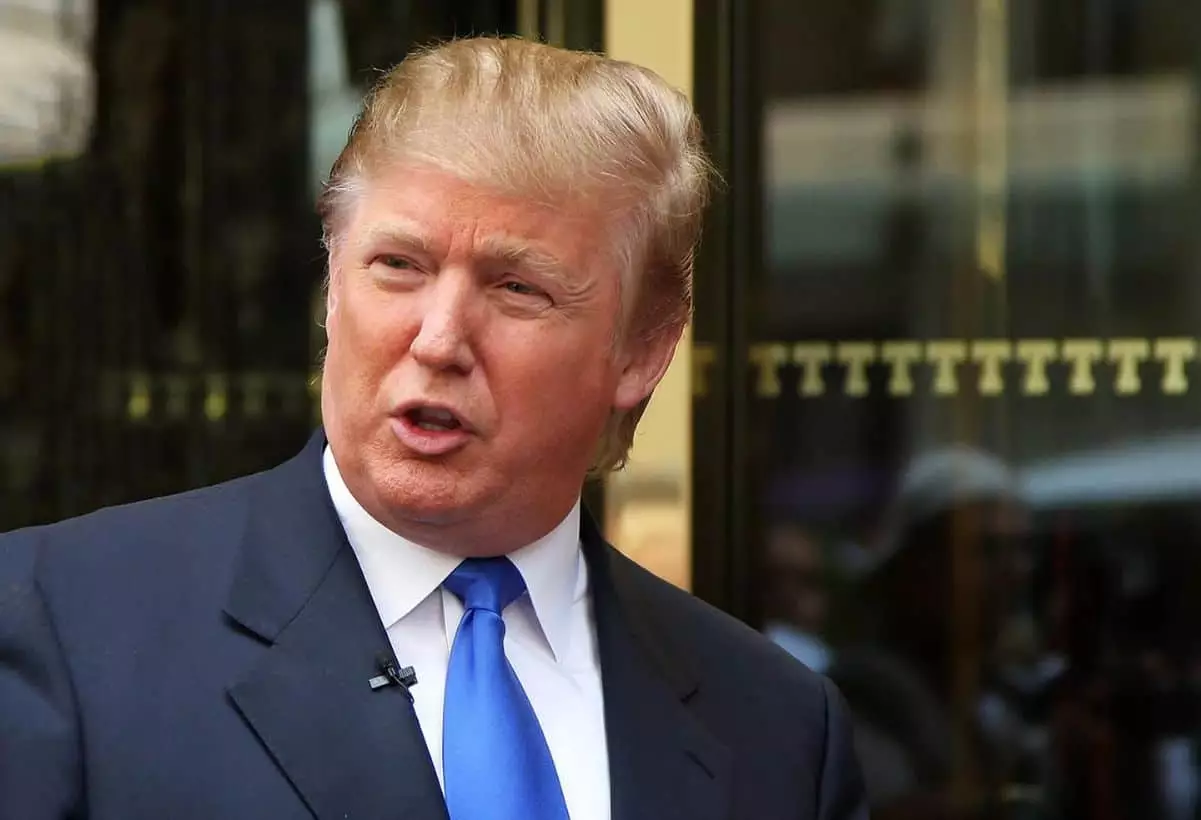In a move that can only be described as reckless, President Donald Trump’s recent decision to pursue a federal cryptocurrency reserve should spark outrage across the political spectrum. While proponents argue that this could strengthen the U.S.’s position in digital finance, a closer examination reveals that this initiative might instead serve as a calculated maneuver to fortify Trump’s financial interests. By capitalizing on the burgeoning cryptocurrency market with taxpayer dollars, the administration risks not only economic stability but also the integrity of democratic governance.
Conflict of Interest: A Defining Issue
At the center of this financial fiasco is the disturbing potential for conflict of interest. Democratic Representative Gerald E. Connolly has voiced serious concerns that Trump’s vested interests in companies like the World Liberty Financial Initiative (WLFI) could turn this cryptocurrency reserve into a personal piggy bank for the President and his allies. Critics have pointed out that valuable public resources could be diverted to enrich Trump’s financial backers. When leaders blur the lines between public duty and personal gain, we must ask ourselves: who really benefits from such policies? This isn’t merely a case of bad governance; it’s a profound ethical violation with far-reaching consequences for the American populace.
The Lack of Congressional Oversight
One of the most alarming aspects of Trump’s executive order is the apparent disregard for established legislative processes. Connolly has criticized the administration for sidestepping Congress in pushing through this initiative. Ignoring legislative oversight raises serious questions about accountability and transparency. By bypassing Congress, the Trump administration invites an authoritarian approach to governance that threatens democratic norms. If we are to abide by the rule of law, no administration should have the power to unilaterally decide on such substantial financial undertakings without legislative endorsement.
The Dangers of Speculative Investments
Trump’s cryptocurrency venture poses another layer of risk, especially given the nature of digital currencies, which have proven to be volatile and speculative in nature. Since the announcement of this reserve, Bitcoin has already witnessed a dramatic nosedive, with its price plummeting from over $93,400 to below $80,000 within days. This volatility raises concerns not only for investors but for the broader economy. What happens if government-backed cryptocurrencies experience a catastrophic collapse? The potential fallout could echo through global markets, jeopardizing U.S. economic stability.
Profit Motives cloaked as Innovation
On the face of it, the government’s initiative may seem like an innovative stride toward digital finance. However, a more critical lens reveals that the supposed financial technological leadership the administration is promoting masks self-serving goals. The creation of the U.S. Digital Asset Stockpile, which is meant to manage various cryptocurrencies, is merely an enabling mechanism for Trump’s established financial interests. When resistance arises—as it undoubtedly will—administrative claims of innovation could quickly morph into an arsenal of half-truths designed to justify this unorthodox strategy.
Public Sentiment on Edge
Investor sentiment is already reeling from the ripple effects of Trump’s initiative, with major digital currencies like Ethereum and Solana suffering severe losses. Fear pervades the market as investors grapple with the economic uncertainty created by the government’s involvement in cryptocurrencies. This is not just a financial issue; it’s indicative of how the administration’s policies could undermine confidence in U.S. financial institutions. Trust is foundational to any robust economy, and when that trust erodes, so too does the strength of our market.
A Call for Engagement
As the debate surrounding Trump’s cryptocurrency reserve unfolds, it’s imperative that constituents demand accountability and transparency from their leaders. Citizens must engage in discussions about the ethical implications of such policies, pushing lawmakers on both sides of the aisle to take a stand against potential conflicts of interest and the undermining of legislative oversight. This isn’t merely about protecting the integrity of Trump’s financial interests; it is about standing firm for the values of democracy and transparency in governance.
In these tumultuous times, Americans must remain vigilant. The stakes have never been higher, and the risks posed by Trump’s cryptocurrency reserve demand our immediate attention and action.
















Leave a Reply